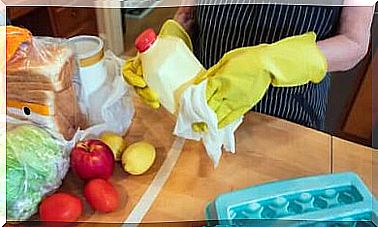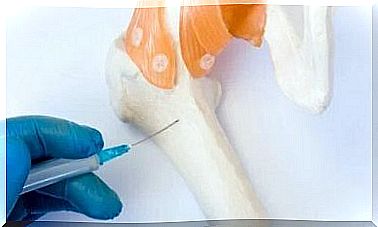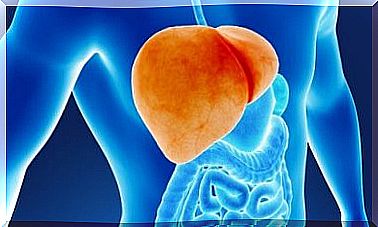Can Food Be Contaminated With The Coronavirus?
Amid fear of the spread of the coronavirus, many people wonder if it is possible to contract the coronavirus through food. In this article, we will detail what we know for the moment.
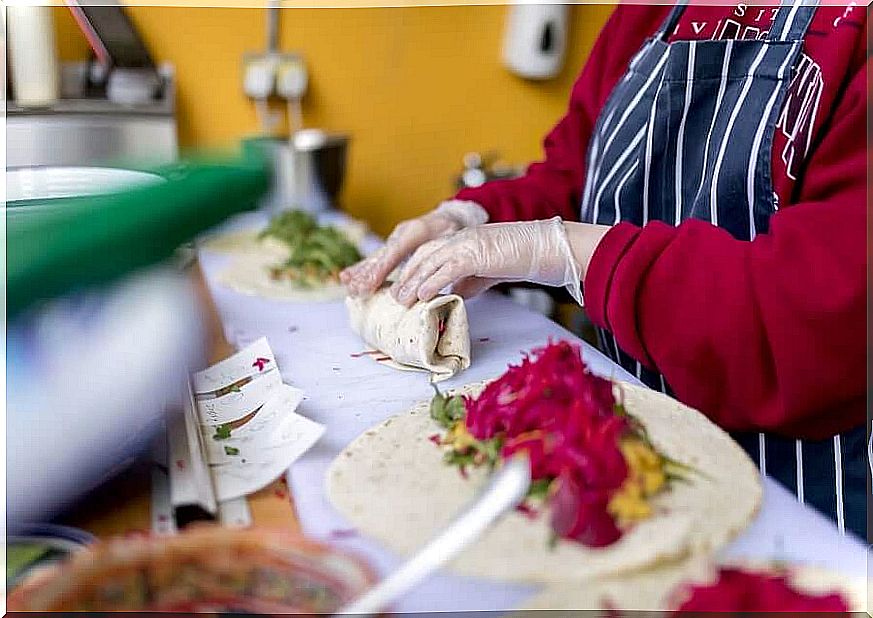
Following the alerts associated with the coronavirus (COVID-19 disease), many people wonder if the virus can contaminate food. After all, most strategies against this pandemic focus on prevention. So what do we need to know about this?
Above all, it must be borne in mind that we have the power to delay or avoid the increase in the number of positive cases. Compliance with preventive measures allows health entities to adequately offer the resources available to deal with the situation. In this context, washing your hands, disinfecting your interior and staying at home are a big help.
Some entities like the Centers for Disease Control and Prevention suggest that the virus can remain active on certain surfaces, potentially causing contamination if a person touches an infected surface and then touches their mouth, nose or eyes. What about food? Can they be infected with the coronavirus?
Food and coronavirus: there is no evidence
The European Food Safety Authority (EFSA) informed via a statement that there are no studies proving that food could be contaminated with the coronavirus. So far, no cases of contamination of the virus through the ingestion of any food have been reported.
Nonetheless, more research on the subject is needed in order to contrast these results and bring a firm conclusion. What we do know for sure, however, is that the virus has poor heat resistance. Thorough cooking of food should therefore significantly reduce the risk of contamination through food.
Knowing this, we must avoid consuming raw foods, especially those of animal origin. It is necessary to apply preventive measures in the field of food in order to avoid the spread of the virus.
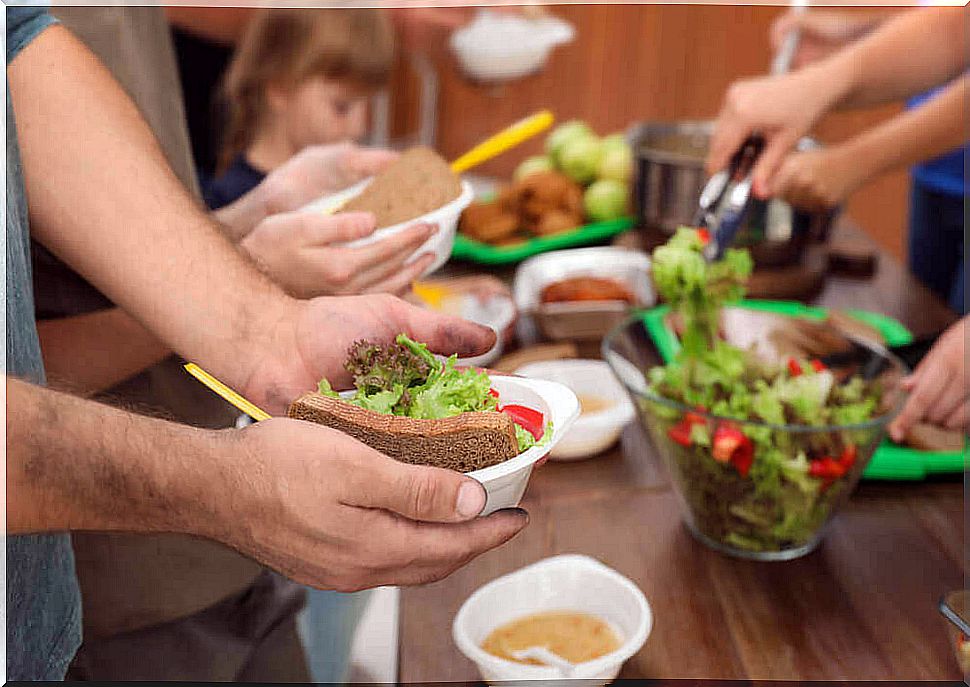
We do not yet know enough about the coronavirus
There is a circulating belief that contamination of humans can come from the consumption of raw foods of animal origin. However, there aren’t many scientific studies on the subject. Moreover, the majority of the articles available speak of the epidemiological characteristics of the infection, but not of the possible treatments, nor of the risk factors.
For this reason, it is best to take dietary precautions. Even if food does not seem to be a vector of transmission, it is necessary to follow food hygiene measures. Thorough cooking and correct thawing ensure the absence of pathogenic organisms.
The importance of avoiding contact so as not to spread the virus
The best thing you can do to prevent the spread of the virus is to avoid contact with others and to wash your hands thoroughly several times a day, especially after touching any surface or handling objects. It is also essential to wash your hands well before making any culinary preparation; this helps to ensure the absence of the virus on his hands.
Applying certain measures related to coughing and sneezing is also fundamental when it comes to reducing the action of the virus. This is the time to respect the sanitary instructions and to be attentive to the information.
Methods of spreading the virus are being investigated and we will have more information soon on its ability to survive on food. At the moment, it is best to eat foods that go through a good conditioning process.

Coronavirus and food: what should we keep in mind?
The little knowledge about the coronavirus and its rapid spread is alarming the population and causing social chaos. It is essential to keep calm and r espect preventive measures to slow the possible spread of the virus. In this way, we enable the health services to take proper care of the many patients affected by the virus.
Good food hygiene is fundamental, as is good hand hygiene. Remember to cook your food well. Even if no link has not been established between the coronavirus and food.
The authorities call for caution and to pay particular attention to people at risk, including seniors. The coronavirus affects these people more seriously.




